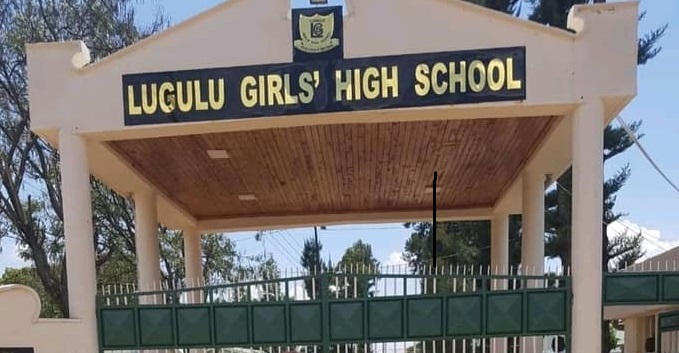Lebanon’s government is expected to step down on Monday night, less than a week after a massive explosion in Beirut killed more than 160 people and sparked days of violent protests.
State TV confirmed earlier CNN reporting that the government of Prime Minister Hassan Diab would resign in the coming hours.
Three cabinet ministers have already quit, along with seven members of parliament.
Lebanon was already suffering through its worst economic crisis in decades, coupled with rising coronavirus rates, and the government has been plagued by accusations of corruption and gross mismanagement.
Tuesday’s blast, which damaged or destroyed much of the Lebanese capital and was linked to a long-neglected stash of potentially explosive chemicals, was the last straw for many Beirut residents.
Diab, a self-styled reformer, was ushered into power last December, two months after a popular uprising brought down the previous government.
His government is composed of technocrats and had been supported by major political parties, including the Iran-backed political and militant group Hezbollah.
Now the country will be tasked with finding its third prime minister in less than a year, to contend with the spiraling crises Lebanon faces on a number of fronts.
Lebanon’s currency has lost 70% of its value since anti-government protests began last October.
Poverty has soared, with the World Bank projecting that more than half of the country’s population would become poor in 2020.
The government had been seen as powerless in the face of a growing banking crisis.
The state has not passed a capital controls law, exacerbating the country’s severe liquidity crunch.
The majority of people in the country have been subject to stringent and arbitrary cash withdrawal limits for nearly a year.
Meanwhile, billions of US dollars are widely believed to have been withdrawn from Lebanon by the country’s economic elite, further depleting foreign currency reserves.
Lebanon’s financial woes were exacerbated earlier this year by government-imposed lockdowns, designed to stop the spread of the coronavirus pandemic but which also brought the country’s ailing economy to a screeching halt.
Diab’s ministers had repeatedly accused the ruling class of disrupting their plans for reform.
Politicians aligned with the country’s banking elite torpedoed the government’s IMF-endorsed economic program, which had been expected to dig into bank profits.
The protests over the weekend were some of the largest and most violent the city has seen in nearly a year.
The city convulsed with anger as protesters occupied several government ministries and threw stones and shards of glass at security forces.
Police fired hundreds of rounds of tear gas as well rubber bullets and, in some cases, live fire.
CNN’s Charbel Mallo, Mostafa Salem, Ghazi Balkiz, Jomana Karadsheh, Caroline Faraj and Barbara Arvanitidis contributed to this report.

![The massive blast in Lebanon’s capital city, Beirut, occurred on Tuesday, August 4, 2020. [PHOTO | COURTESY]](https://k24.digital/wp-content/uploads/2020/08/BEIRUT-EXPLOSION-1.jpg)








